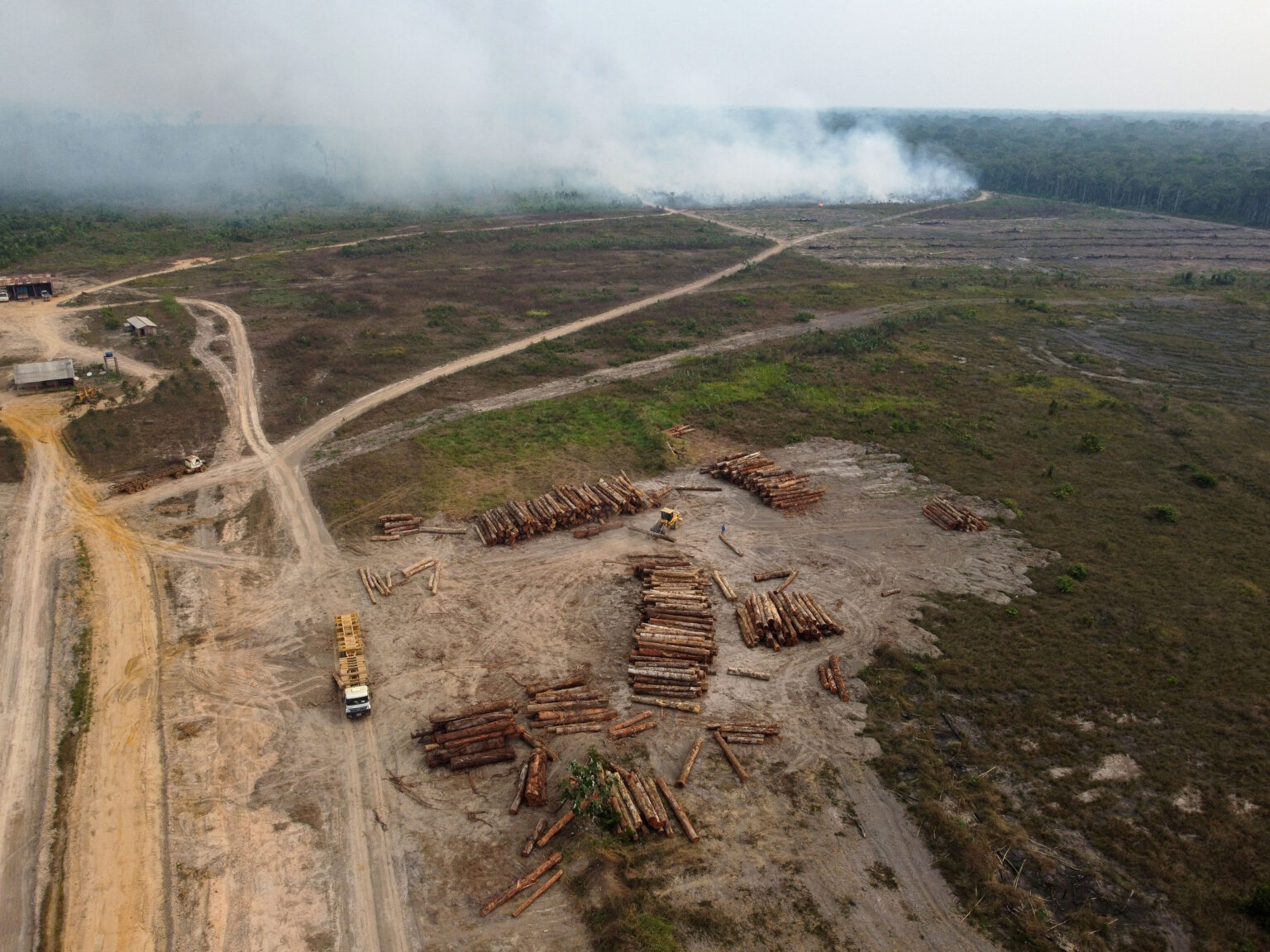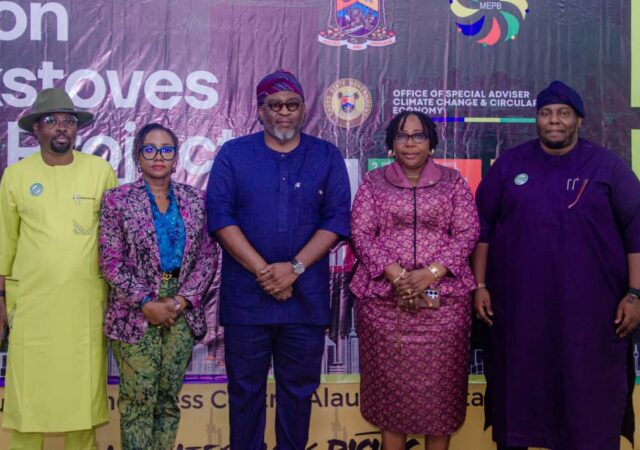A court filing details an unrelenting barrage of threats, torture and murders intended to drive rural people from the rainforest and speed the extraction of natural resources. In a novel strategy, lawyers argue that the crimes are linked to a coordinated web of politicians, business officials and gangs.
By Katie Surma / Insideclimatenews
Even as environmentalists cheer the ouster of Brazilian President Jair Bolsonaro as a turning point for the Amazon rainforest, new information filed Wednesday with the International Criminal Court suggest that the battle to protect the region and its inhabitants is far from over.
In the filing, human rights and environmental lawyers acting on behalf of rural land users are requesting an investigation into a colossal “network” of politicians, business officials, industry lobbyists and criminal gangs for alleged crimes against humanity committed against Indigenous peoples and other traditional communities in Brazil’s portion of the Amazon.
The lawyers’ action cites land- and water-related conflicts that involved an alleged 400 murders, 500 attempted murders, 2,200 death threats, 2,000 assaults, 80 instances of torture and 100,000 crimes against property like the razing of homes from 2011 to 2022 in Brazil’s portion of the Amazon. Most of these alleged crimes have been carried out by members of the network as part of a campaign to clear people from the forest so that resources like timber, soy, beef and minerals can be extracted, said the 35-page request to the court, based in The Hague.
Pulling together over a decade of research from human rights organizations and governmental institutions including the U.S. State Department and Brazil’s Attorney General’s Office, the filing argues that the crimes weren’t one-off events, but rather a coordinated effort carried out with a striking ruthlessness.
In one instance, it states, a woman who opposed a dam project in Rondônia State was tied to a rock and thrown into the Madeira River. Victims who fought large-scale industrial agriculture, logging or mining projects had their throats slashed, the lawyers add. Perpetrators of the killings often mutilated the bodies of the people slain, the filing says, and nearly all of the reported attacks have gone uninvestigated.
The accused perpetrators, named in a separate confidential document provided to the court, include the individuals who allegedly carried out the crimes as well as mid- and high-ranking Brazilian officials who issued direct orders or provided tacit approval through public statements, policy decisions and a failure to enforce laws. The filing casts those officials as the most responsible.
The victims, whom the dossier collectively describes as “rural land users and defenders,” include Indigenous peoples, Quilombolas (the descendants of former slaves), riverside dwellers, small-scale farmers and communities of landless people, some of whom are carrying out reforestation projects.
The International Criminal Court’s prosecutor, Karim Khan, must now weigh whether to open an investigation. The court investigates relatively few cases, by comparison with the volume of requests it receives, and to date it has not taken on a case related to peacetime environmental harm.
Absent a formal investigation, said the lead lawyers behind the filing, Richard J. Rogers and Paulo Busse, they are hoping that the dossier will transform people’s understanding of how rampant and coordinated the extraction of the Amazon’s resources has become, leading to human rights abuses so extreme that they amount to international crimes.
A Challenge for Bolsonaro’s Successor
Deforestation in the Amazon region has surged to a 15-year high during Bolsonaro’s four years in office as the president has weakened environmental regulations, championed tree-cutting to make way for agribusiness and derided efforts to defend Indigenous peoples’ rights to their land.
His defeat in national elections on Oct. 30 has stirred confidence that protections will be restored under his successor, Luiz Inácio Lula da Silva, who pledged to reduce deforestation and defend Indigenous peoples’ rights during his campaign. But the specter of a sweeping web of linked individuals who are responsible for the crimes against the rainforest’s inhabitants suggests that ending the violence could be an overwhelming, and violent, challenge.
Brazil’s Embassy in Washington and its Ministry of Foreign Affairs did not respond to requests for comment on the lawyers’ filing. In response to questions from Inside Climate News and NBC News for a previous article citing environmental devastation in Brazil, the embassy said that Bolsonaro had “consistently championed” Indigenous peoples’ well-being and the preservation of the Amazon.
Because the Amazon rainforest is one of the world’s largest carbon sinks, deforestation in the region is considered a major accelerant of climate change. When parts of the rainforest are cut down or burned, less water is cycled through tree roots and leaves and released as cooling water vapor. As more trees are lost and temperatures rise, drought is more likely, leading to further tree loss.
If the Amazon rainforest reaches a tipping point where it can no longer regenerate, scientists warn, it could release 120 billion tons of carbon dioxide into the atmosphere—over 30 times the annual carbon emissions of the entire United States. Loss of the Amazon would also mean the disappearance of millions of plant and animal species as well as distinct and ancient human cultures that are tied to the rainforest.
While deforestation of the Amazon has drawn global attention, says Busse, a Brazilian lawyer who helped draft the court filing on behalf of Greenpeace Brazil and Observatório do Clima, there is little awareness that the destruction is deeply entwined with crimes against the rainforest’s inhabitants.
“When people think about the Amazon, they think about the environment and climate change, he said. “To remove the timber and minerals from the Amazon, you have to get rid of the people in the Amazon first.”
Dissecting a Destructive ‘Network’
It is at least the fifth time in two years that formal allegations of crimes against humanity have been made to the International Criminal Court in connection with the destruction of the Amazon through a filing known as an Article 15 communication. Article 15 of the Rome Statute, which established the court in 1998, is a mechanism used by an individual or group to submit information to the court’s prosecutor on alleged crimes against humanity or other offenses falling under its jurisdiction.
Crimes against humanity are defined as those committed as part of a widespread or systematic attack on civilians. It is one of four categories that the International Criminal Court has jurisdiction over and includes murder, disappearances and torture. For those acts to rise to the level of crimes against humanity, they must be part of a state or organizational policy.
What makes this filing distinct is that rather than focusing on Brazil’s outgoing president and his policies alone, it claims that a vast network of high-, mid- and ground-level individuals in both the public and private sectors are committing crimes to further a shared policy. While the crimes cited in the filing have been publicized by human rights and governmental organizations in the past, this is the first time responsibility has been pinned on a public-private network. Busse said that the network’s existence is relatively unknown in the country’s highly populated southeast.
Bolsonaro is just one of many high-level Brazilian officials who, through legislation, public statements and other official acts, signal their preferences regarding the extraction of Amazon resources to mid-level operators, the communication states.
Those mid-level operators—mayors, state officials, business leaders and criminal organizations—then direct funding and resources toward execution of the network’s goals to “ensure rapacious and unfettered Amazon development—hyper-commercial agriculture, ranching, mining and logging operations,” it contends.
At the ground level, foot soldiers known as “rainforest mafias” carry out the killings, assaults and persecutions to force communities out of the forest, the filing states. The power of those ground-level gangs has surged under Bolsonaro, it says, because of a 50 percent budget cut to the government agency that protects Indigenous people and a 30 percent reduction for the agency that oversees the environment. The budget cuts have reduced the number of already-scarce enforcement agents in the forest, allowing the gangs to fill the vacuum.







